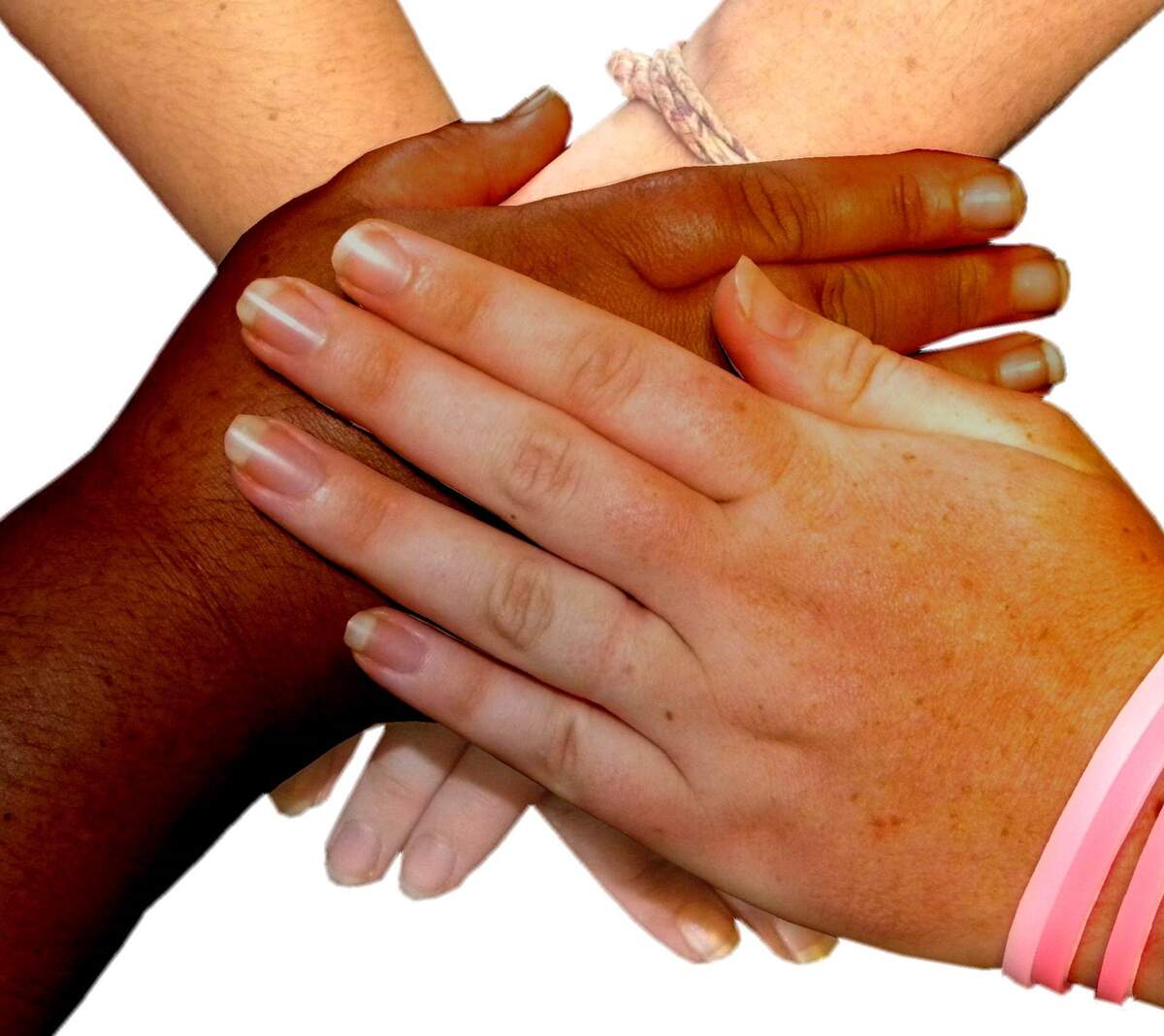

International Day of Zero Tolerance to Female Genital Mutilation
Observed
annually on February 6th (since 2003)
Dates
Founded by
Stella Obasanjo on February 6th, 2003
United Nations General Assembly (UNGA) on December 20th, 2012
Hashtags
#InternationalDayOfZeroToleranceToFemaleGenitalMutilation
#DayOfZeroToleranceToFemaleGenitalMutilation
Sources
International Day of Zero Tolerance to Female Genital Mutilation is an annual day to raise awareness about female genital mutilation (FGM) in order to help eradicate it. FGM is defined as "all procedures that involve altering or injuring the female genitalia for non-medical reasons." The day aims to broaden the rights of women and to give them control of their bodies, and also to improve their physical health and mental health, which can be adversely affected both short term and long term from FGM.
The day was first held in 2003. On February 6 of that year, Stella Obasanjo, who was first lady of Nigeria and spokesperson for the Campaign Against Female Genital Mutilation, made an official declaration, known as "Zero-Tolerance to FGM," while at a conference that was organized by the Inter-African Committee on Traditional Practices Affecting the Health of Women and Children (IAC). Following this, the UN Sub-Commission on the Promotion and Protection of Human Rights adopted the day as an international awareness day. The UN General Assembly designated the day in 2012. Each year the day has a different theme.
The practice of FGM has been around for over 1000 years. Although today it mainly takes place in about 30 countries in Africa and the Middle East, it is a universal problem, occurring in Asia and Latin America as well. In addition, it remains a practice of some immigrant populations in North America, Western Europe, Australia, and New Zealand. According to the World Health Organization (WHO), 120 to 140 million girls have been affected by FGM. Four million girls are currently at risk. However, the WHO believes it is possible to root out the practice in one generation. Many nations, like the United States, have laws against FGM. Internationally, it is recognized as a violation of human rights and of the health and integrity of females.
There are short term and long term health risks of FGM. In the short term, it can cause pain, shock, excessive bleeding, genital tissue swelling, and problems with urination. Infections or HIV can be acquired, and psychological trauma can be experienced. Death can even occur in the short term, on account of infections like tetanus or from hemorrhaging. In the long term, pain may not subside, and sexual health, reproductive health, and mental health can be affected. Some sexual health issues that may arise include the causing of pain during sex, and decreased desire and pleasure during sex. Reproductive health issues include menstrual problems and issues with childbirth. Mental and psychological health issues may include PTSD, anxiety disorders, and depression. In addition, other issues may remain, such as infections, HIV, and urination problems and pain.
In 1993, over 100 million girls were being affected by FGM, and UNICEF was only budgeting $100,000 to fight it. Equality Now launched a campaign to increase funding, and UNICEF responded by increasing its budget to almost $91 billion. Since 2008, UNFPA and UNICEF have led the largest program to rid the world of FGM. They focus on a number of countries in Africa and the Middle East and support regional and global initiatives. Some of the positive results of this joint program have been that over 3 million girls and women received protection and care services related to FGM. They've also helped to get 13 countries to establish legal frameworks for banning FGM.
In order to continue to battle FGM in order to eradicate it, there must be systematic, coordinated efforts where whole communities focus on human rights, gender equality, and sexual education, and attention needs to be paid to the needs of women and girls who have experienced FGM. On International Day of Zero Tolerance to Female Genital Mutilation, awareness is raised to get on this path, so that the practice can be eradicated, and girls and women have control of their bodies and can live healthy lives.
How to Observe International Day of Zero Tolerance to Female Genital Mutilation
- Support groups that are working to eradicate female genital mutilation, such as UNFPA and Equality Now.
- Educate yourself about female genital mutilation, and talk to friends and family about the importance of the issue.
- View the documentary A Piece of Me.
- Attend the event for the day held at the UN Headquarters in New York City, or check to see if any events are being held near your community.
- Read publications related to female genital mutilation from the UNFPA, or read their annual report on female genital mutilation.





















